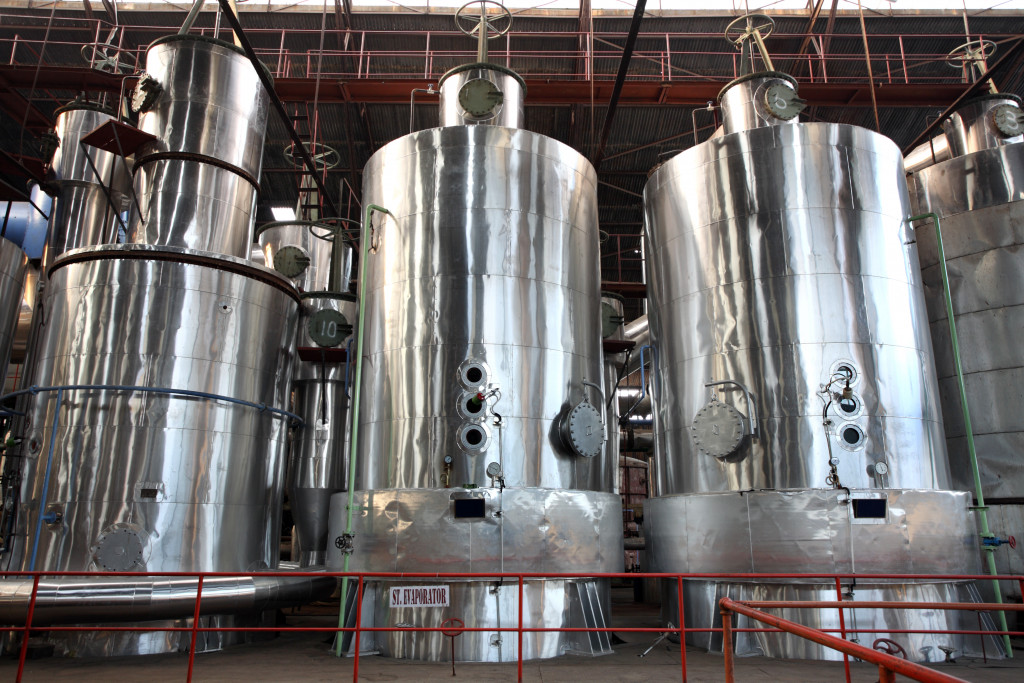- Efficient technology can optimize mill operations and reduce production costs.
- Regular maintenance and workforce training enhance machinery lifespan and improve productivity in the milling business.
- Effective supply chain and financial management can minimize costs, improve customer satisfaction, and maximize profitability.
- Market research facilitates informed decision-making, leading to tailored products, increased profits, and long-term success.
Navigating the complexities of running a successful milling business requires a blend of strategic planning, efficient resource management, and innovative thinking. It’s not merely about having the most advanced technology or the largest workforce.
This article delves into the best strategies to efficiently manage a milling business, offering insights that equip entrepreneurs with the knowledge to thrive in this dynamic industry.
Streamlining Operations
Streamlining operations is key to running a successful milling business. Here are some strategies that can help optimize processes:
Adopting Efficient Technology
Adopting efficient technology is crucial for any business to stay competitive and improve profitability. Investing in reliable and high-quality pro liner mill liners for AG mills is a key example of efficient technology that can substantially benefit the milling industry.
These liners are specifically designed to protect the mill shell and improve grinding efficiency, reducing energy consumption and prolonging the lifespan of the equipment. Adopting such technology ensures the smooth functioning of machines, increases operational efficiency, and reduces production cost. Therefore, investing in efficient technology like pro liner mill liners is a smart move for any milling business looking to maximize its production output.
Regular Maintenance
Regular maintenance is crucial for efficiently managing any business, particularly milling. It involves periodic checks and upkeep of equipment and processes to ensure that they are running smoothly. Neglecting maintenance can decrease efficiency, increased downtime, and costly repairs.
An expert milling business owner knows that ensuring regular maintenance increases the machinery’s lifespan and saves money in the long run. Milling businesses can optimize their performance and meet their production targets efficiently and effectively by making maintenance essential to day-to-day business operations.
Workforce Training

Workforce training is essential to running any business, particularly in mill operations. By providing employees with the proper training, managers can ensure their workers are equipped with the necessary skills to handle their assigned tasks. The training program should cover not just the technical aspects of the job but also the safety and regulatory standards involved in mill operations.
A strong and efficient workforce can help streamline the milling process, improving productivity and better quality end products. A well-trained workforce is one of the keys to successful mill operations, and it is critical to invest in employee development and provide ongoing training.
Effective Supply Chain Management
Effective supply chain management is critical for any business, and a milling business is no exception. This process involves coordinating and optimizing all activities involved in sourcing and delivering the raw materials, processing them, and delivering the final product to the customer.
A successful supply chain management strategy requires clear communication, careful planning, and effective execution. By managing the supply chain effectively, milling businesses can reduce costs, minimize waste, and improve customer satisfaction. Efficiently managing the supply chain is crucial to ensure that the business meets the market’s demands, while maintaining a competitive edge.
Financial Management
Financial management is a crucial component of any business, including milling businesses. It refers to efficiently managing a company’s finances to achieve its goals. To run a milling business efficiently, effective financial management is key. This ensures that money is well-spent and maximized, ultimately leading to profitability.
Financial management involves various activities, such as budgeting, forecasting, financial reporting and analysis, and investment management. An expert in financial management has in-depth knowledge and experience in this area and can help a milling business make informed financial decisions. A milling business needs to prioritize financial management for long-term success.
Market Research

Market research is a valuable tool for any business, including milling businesses. It involves collecting and analyzing data about the target market, competitors, and industry trends. This information can help businesses make informed decisions about product development, pricing, marketing, and more.
In the case of milling businesses, market research can provide insights into the specific needs and preferences of customers in the target market, allowing the business to tailor their products and services accordingly. Market research is essential for efficient and effective business management, as it facilitates strategic decision making that can lead to increased profits and long-term success.
As entrepreneurs in this dynamic industry, staying ahead of the curve and continuously seeking ways to enhance business operations is imperative. So, take the next step today; invest in your business, equip your team with the necessary skills, and adopt efficient strategies. The path to success in the milling industry starts with a single step.

